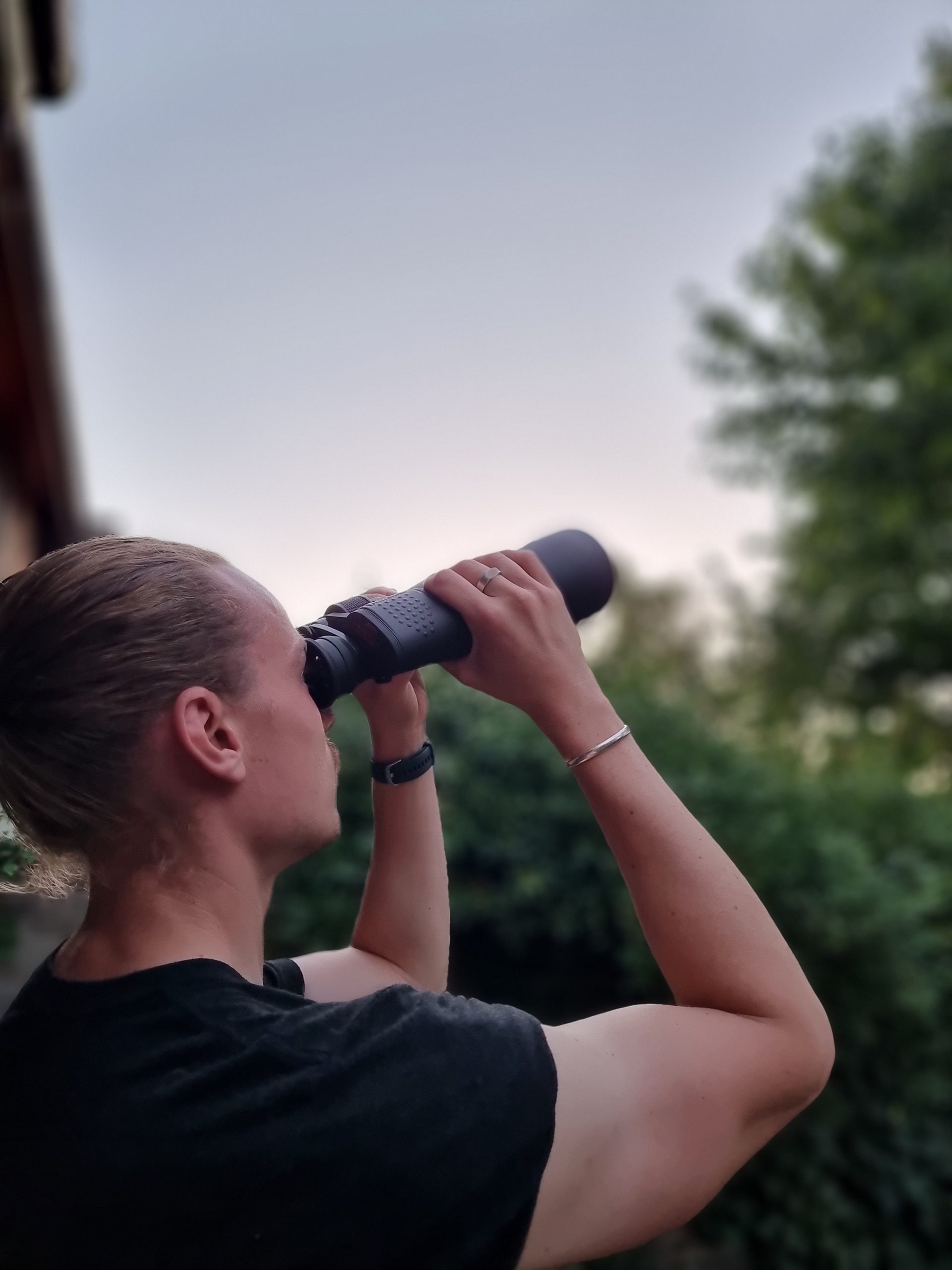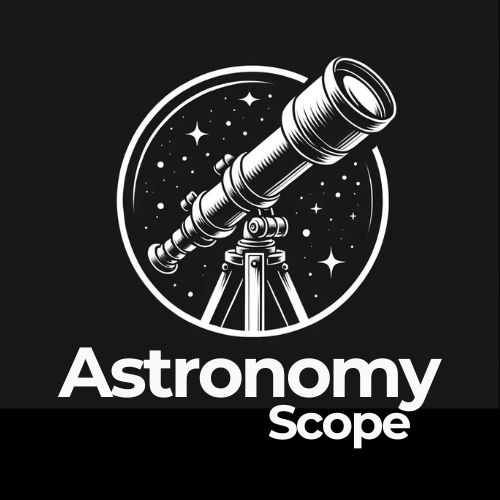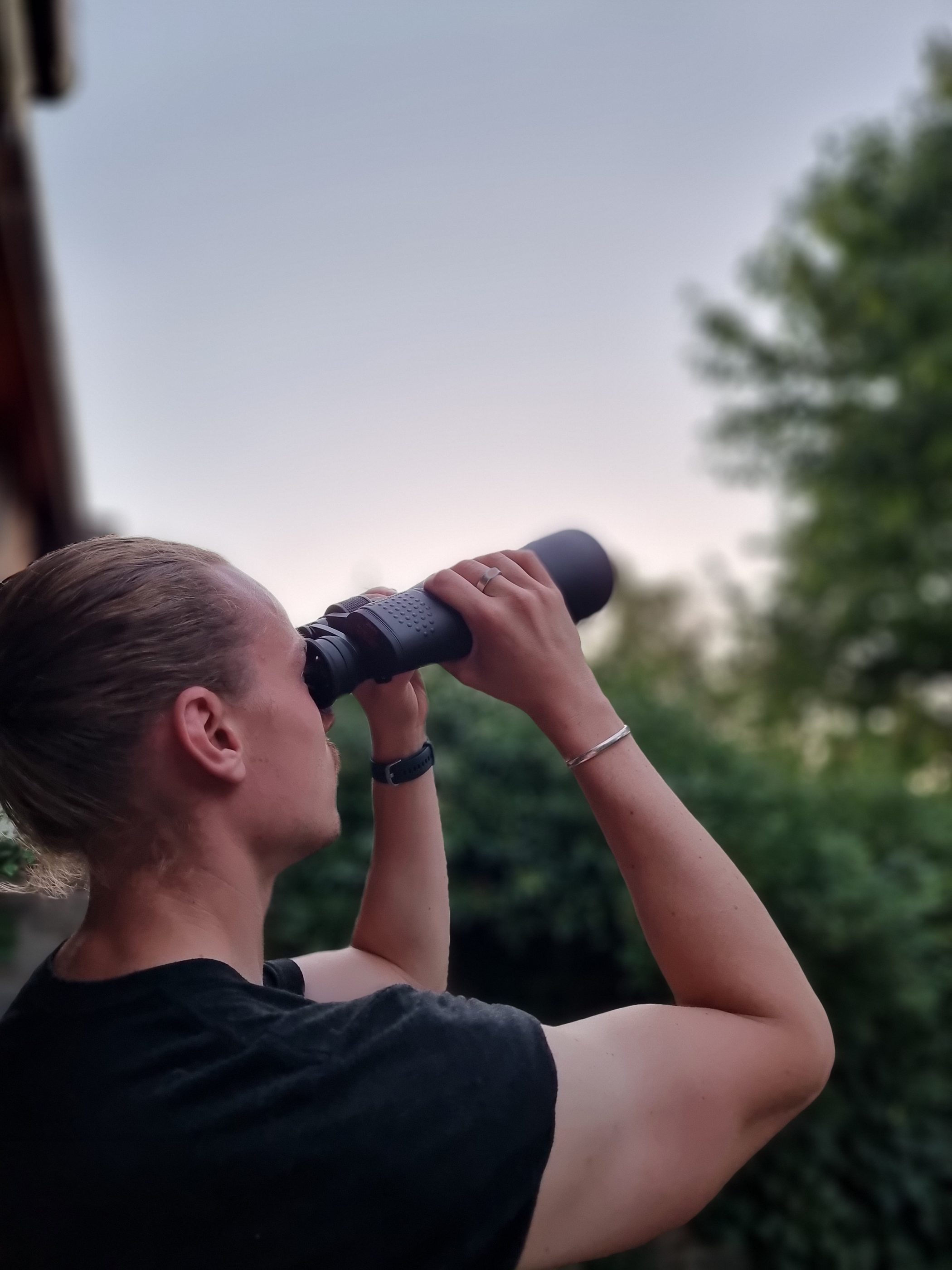When doing your research on optical equipment, you will have likely come across both monoculars and telescopes. They look quite similar but are they? Are they interchangeable and does it really matter which one you decide to get? These are just some of the questions I will be answering here today. But first.
So, what is the difference between a monocular and a telescope? A monocular is a small instrument that can be carried in one hand. It’s almost like half of a pair of binoculars. A telescope is a much larger instrument that can’t be so easily maneuvered. Instead, a telescope is secured on top of a tripod.
Whilst it may be our second most intelligent physiological tool (just losing out to the brain), the human eye does have its limitations.
Sure, we can see everything around us in great detail.
If we focus intensely, we can see things far, far off in the distance.
We can even see stars in the sky. However, that’s more down to the sheer power of their illumination and almost unbelievable size. Yet, there is a limit to what our naked eye can do.
But! We humans know how to get around such limitations.
Technological innovations continue to allow us to explore further and further.
Two instruments used for seeing further are the monocular and the telescope.
So, let’s dig into the details. Let’s find out what the difference is between the two of them.
Is A Monocular A Telescope?
No. Although they share similarities, a monocular is not a telescope. It is more of a cross between a telescope and a pair of binoculars.
Let’s just say, if a telescope and a pair of binoculars got married, the child they produced would probably look something like a monocular.
So technically, you could say that a monocular is a type of telescope.
It is the same in the sense that it is an optical device that allows the human eye to view objects at a magnified distance.
And it does it using the same method.
Just like a telescope, a monocular uses curved lenses and mirrors that receive light and focus on it to display the image at which the instrument is aimed.
As well as the nature of use, they also have some physical similarities. Both devices only use one eyepiece, unlike the binoculars, which use two.
However, you would hold a monocular with one hand as you would with a pair of binoculars.
Whereas with a telescope, you don’t technically have to hold anything when you look through it unless you are adjusting the lens or positioning. This is because it sits on a tripod.
Did pirates use monoculars? No, not the ones we use, but I see where you’re coming from.
Pirates use spy glasses which are very similar to monoculars.
They both have one eyepiece, and they both can be held in one hand.
Monoculars are a much more modern piece of technology that can see much better than spy glasses.
We have to remember that spyglasses were invented during the days of pirates, after all!
Monocular Overview
A monocular is a modified version of a telescope that requires no setup as it can be carried in one hand.
They are still much smaller than the smallest telescopes.
Like a pair of binoculars, you can pick it up, hold it to your eye, and see straight away. It also uses zoom adjustments to look more closely at objects.
Advantages of Monoculars
👍 Due to their size and the lack of setup required, they are very convenient and can easily be carried in a bag to different locations.
👍 Maintains a field of view as large as telescopes whilst being compact.
👍 Provides precise target spotting.
👍 They can easily be adjusted whilst on the move.
👍 As they only require one eye, you can remain aware of your local surrounding.
👍 Very suitable for night field vision.
👍 Generally more affordable.
Disdvantages of Monoculars
👎 As they are so focused, there is a deficiency of relaxed vision which can quickly lead to eye fatigue.
👎 Susceptible to annoying sidelights.
👎 Zoom levels (magnification) are limited compared to that of a telescope.
👎 Higher zoom (magnification) levels would require larger equipment, and likely a tripod, just like a telescope.
👎 Can be uncomfortable for the eye that isn’t viewing.
Telescope Overview
We’re all familiar with these. They are marvelous optical instruments that magnify distant objects using curved mirrors and lenses to collect rays of light.
They are relatively large as an optical instrument and consequently have to be positioned on a tripod.
Advantages of Telescopes
👍 Possesses tremendous magnification ability, greater than that of a monocular.
👍 Produces a steadier image
👍 Not affected by side light, aberrations, or reflections.
👍 Resolving power per inch of aperture is greater, meaning objects appear better and brighter.
👍 Higher zoom levels and longer focus; therefore can see objects considerably further away.
Disdvantages of Telescopes
👎 Not as mobile or convenient; must remain in a fixed position.
👎 Slight amount of chromatic aberration.
👎 Takes time to set up.
👎 Not as user friendly, can be quite tricky and take a while to get used to.
👎 Expensive.
👎 Maintenance required.
Monocular vs. Telescope: Which Is Right for You?
Forgetting about budget for a moment, let’s try and work out what optical instrument out of the two in question would be best for you. The answer comes down to what you are going to be using it for.
If you’re doing something that is on-the-go like bird watching or scouting, then a monocular is the obvious choice due to it being so convenient and light.
For stargazing, a monocular may best suit you if you’re examining the stars whilst on the move and from multiple locations.
If you are satisfied with viewing stars from one location and want to delve deep into the sky, then a telescope is undoubtedly the best way to go.
A telescope has a wider aperture so it will produce brighter and clearer images through its lens. We’ve also discovered that it will see further.
So, if you want to see deep into our galaxy, it’s a telescope for you!
Generally; a monocular is much more ideal for land-viewing, whereas a telescope is equipment to buy if you are looking to stargaze – at least with detail.
If you are wondering which particular model and brand to buy, well I have two guides for that:
- Best Handheld Telescope [Top Picks & Buyers Guide]
- Best Telescope For Viewing Planets and Galaxies [Buyers Guide]
Finally
There you have it—two very similar optical instruments, but also two very different instruments.
Who knows what they’ll invent next?
Maybe it will be a monocular with the same range as a telescope!
Maybe it will be a pair of glasses that can see as far as Uranus!
Or maybe they’ll be a telescope app available for your phone!
Until then, we’ll stick to the good old telescopes and monoculars. And gladly!
Whichever one you choose depends on the type of stargazing you’re going to be doing.
If you want to do both types, well, maybe you need to buy both instruments!

Hey, my name is Jeremy. I’m a passionate and seasoned astronomer who loves nothing more than observing the night sky. I also love researching, learning, and writing all things Space and the Universe. I created Astronomy Scope to share my knowledge, experience, suggestions, and recommendations of what I have learned along the way while helping anyone to get into and maximize their enjoyment of the hobby.

